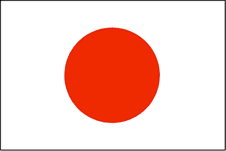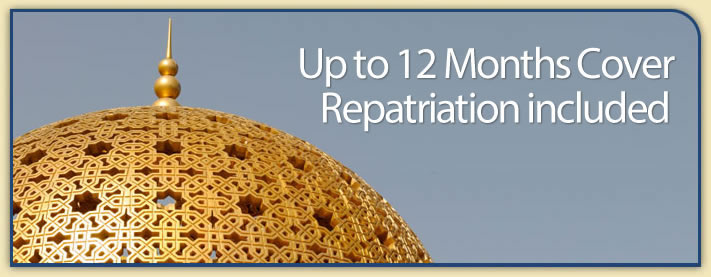Country Guide • Japan

Japan is separated from the Asian mainland by 160km (100 miles) of sea. About 70 per cent of the country is covered by hills and mountains, a number of which are active or dormant volcanoes. Japan is an island state comprising a group of four principal islands and several smaller ones, off the east coast of Asia. It is bound by the Sea of Japan, the Korea Strait and the East China Sea to the west, the Pacific Ocean to the east and the La Perouse Strait to the north. The four principal islands are Hokkaido, Honshu, Shikoku and Kyushu.
| Official Name | Japan (Nippon) |
|---|---|
| Area | 377,576km² (145,783mile²) |
| Population | 127,213,000 |
| Continent | Asia |
| Population per mile² | 872 |
| Capital City | Tokyo |
| Religions | 79% Shinto, 81% Buddhist and 1% Christian |
| Language | Japanese |
| Government | Constitutional Monarchy |
| Currency | Yen |
| GDP | $3.55 trillion |
| GDP per Head | $28,000 |
| Natural Resources | Negligible mineral resources, fish |
| Land Use | Arable Land 12% |
| Agriculture | Fruit, vegetables, rice, sugarbeet, pork, poultry, dairy products, eggs and fish |
| Industry | Motor vehicles, electronic equipment, machine tools, steel and non ferrous metals, ships, chemicals; textiles and processed foods |
| Tourism | You will be impressed by the busy cities, huge skyscrapers, bullett trains etc, but venture into the country and you enter the world of emperors and shoguns, the geisha and the sumo wrestler. Japan has great natural beauty where you can see lavender farms - shrines and temples. For the beach lover there are the beaches of the subtropical south, superb public transport means everywhere is easily accessible |
| Natural Hazards | Many dormant and some active volcanoes; about 1,500 seismic occurrences (mostly tremors) every year; tsunamis; typhoons |
| Health Risks | None |
| Climate | Except for the Hokkaido area and the sub tropical Okinawa region, the weather is mostly temperate, with four seasons. Winters are cool and sunny in the south, cold and sunny around Tokyo (which occasionally has snow), and very cold around Hokkaido, which is covered in snow for up to 4 months a year. Summer, between June - September, ranges from warm to very hot, while spring and autumn are generally mild throughout the country. Rain falls throughout the year but June and early July is the main rainy season. Average temperature ranges in Tokyo are from -2 to 8°C in January to 22 to 30°C in August |
| Time | GMT/UTC+9 hours |
| National Days | December 23 Emperor's Birthday |
| Visas | UK, US, Australians and most EU passport holders do not require a visa if staying in Japan less than 90 days. An onward/return ticket is required on entering Japan. South African residents are among those who are required to get a visa |
| British Embassy | Embassy Details |
Information Only
The content above is for information purposes only and we have tried to ensure that the information is as accurate as possible. We cannot accept any responsibility for any inconvenience, loss or injury as a result of the information above. You should always check and verify any critical information like visas, health and safety and customs with the relevant authorities before you travel since information can change at any time.



